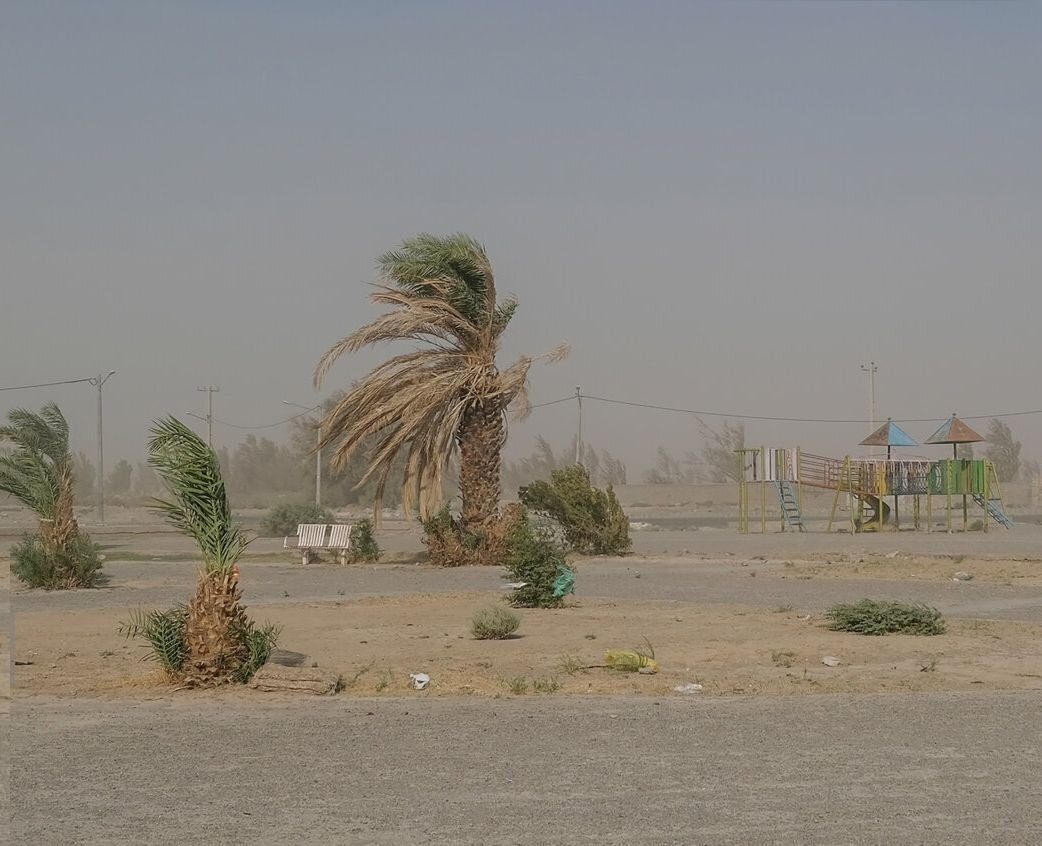Iran to mark intl. day of combatting SDSs

TEHRAN – The Department of Environment will play host to an event on July 12 to mark the International Day of Combating Sand and Dust Storms aiming to raise awareness and enhance resilience against SDSs as a global concern.
Sand and dust storms present a formidable and widespread challenge to achieving sustainable development in its economic, social, and environmental dimensions.
They have become a serious global concern in recent decades due to their significant impacts on the environment, health, agriculture, livelihoods, and socio-economic well-being.
Recognizing that sand and dust storms and their negative impacts at different scales are issues of international concern, at Iran’s initiative, the United Nations General Assembly proclaimed July 12 as the International Day of Combating Sand and Dust Storms.
Foreign ambassadors and representatives of international organizations in departments of environment will participate in the event, IRNA quoted Ali-Mohammad Tahmasbi-Birgani, director of the national headquarters for combatting sand and dust storms, as saying.
In the Iranian year 1397 (2018-2019), the national headquarters took action to identify the internal and external sources of SDSs and subsequently implemented action plans including the assessment of dust damages, establishment of notification guidelines, and other software tasks.
In 2022, Iran started consulting neighboring countries, and the head of the Department of Environment paid visits to Iraq, Syria, Qatar, Kuwait, and the UAE.
In July 2022, Tehran played host to a conference of ministers and officials from 11 countries, aiming to boost cooperation for resolving extant environmental problems, especially sand and dust storms.
Environment ministers of Iraq, Armenia, the United Arab Emirates, Oman, Syria, and Qatar, as well as deputy ministers of Azerbaijan and Turkmenistan along with delegations from Turkey and Uzbekistan, participated in the event which was held with the theme of “Environmental Cooperation for a Better Future.”
Late President Ebrahim Raisi proposed the creation of a regional fund to deal with SDSs which was submitted to the United Nations later.
The International Conference on SDSs was held in Tehran on September 9-10, 2023, representatives of some 50 countries and 15 international organizations attended the conference.
The event was a further step towards the implementation of the environmental protection policies of Iran.
Moreover, the 6th United Nations Environment Assembly (UNEA-6) approved a resolution adopted at the international summit on dealing with sand and dust storms.
The UNEA-6 was held from February 26 to March 1 at the United Nations Environment Program (UNEP) headquarters in Nairobi, Kenya. It is the world’s highest decision-making body on the environment.
A total of 180 countries attended the UNEA-6 meeting with a focus on how multilateralism can help tackle the triple planetary crisis of climate change, nature and biodiversity loss, and pollution and waste, IRNA reported.
The UNEA-6 Assembly had 19 resolutions and two decisions under discussion, which covered a wide range of issues, including circular economy; effective, inclusive, and sustainable multilateral actions towards climate justice; solar radiation modification; sound management of chemicals and waste, and sand and dust storms.
The United Nations General Assembly, stressed the need for cooperation at the global and regional levels, with a view to preventing, managing, and mitigating the effects of sand and dust storms through the enhancement of early warning systems and the sharing of climate and weather information to forecast sand and dust storms.
The General Assembly affirmed that resilient action to combat and reduce sand and dust storms requires a better understanding of the severe multidimensional impacts of sand and dust storms, including the deterioration of the health, well-being and livelihood of people, increased desertification and land degradation, deforestation, loss of biodiversity and land productivity, threatening food security, and their impact on sustainable economic growth.
MT/MG
